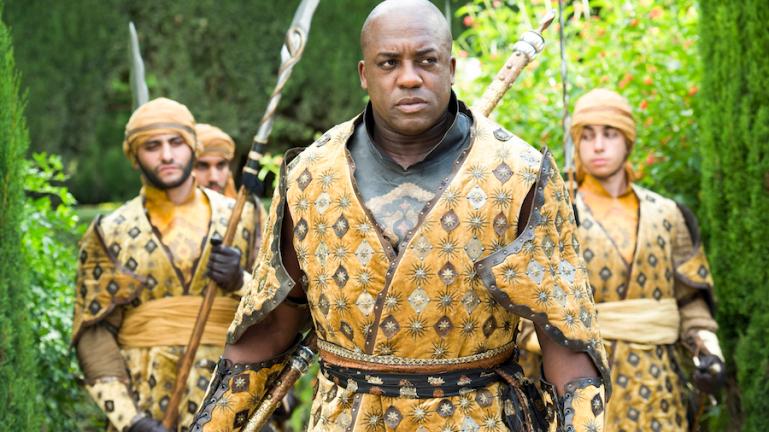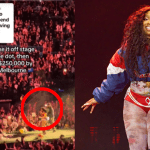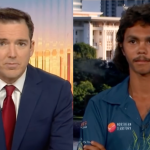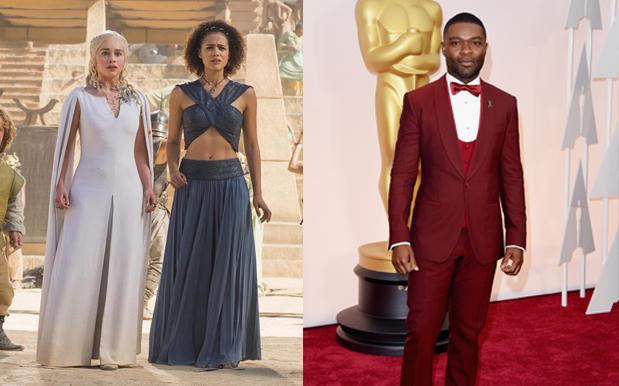
British actor David Oyelowo has called out ‘Game of Thrones‘ for not casting only white actors in lead roles, saying there is “no excuse” for an imaginary world to only have actors of colour relegated to secondary roles.
“The fact that they put any ethnic minorities in that means that there should be space for bigger characters,” he told RadioTimes. “Because you’re not just saying ‘Okay, this is purely a white world, and here are very story-driven reasons why that’s the case.”
People of colour in the series are usually cast as servants or guards, including Daenerys‘ translator / right-hand woman Missandei (Nathalie Emmanuel) and army general Grey Worm (Jacob Anderson).
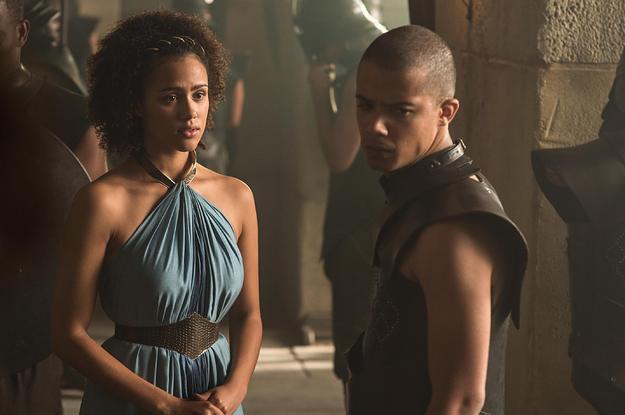
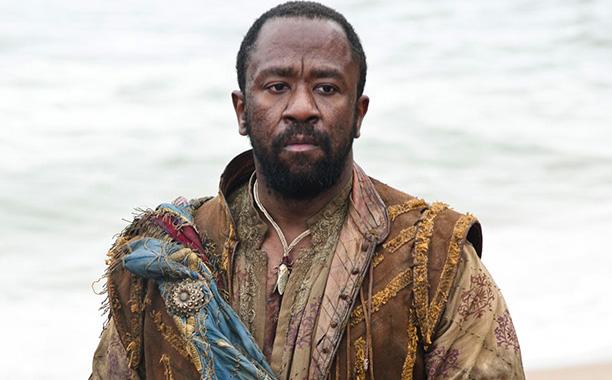
“You are interspersing people of colour into it, and so therefore it’s a conscious decision to put them on the margins, as opposed to putting them front and centre,” he said.
“Even if for whatever reason, it’s a world in which people of colour in those stories are subservient, or they are more in a helper role, that doesn’t mean they can’t have prominent storylines. All you have to do is shift the focus to focus on those characters.
“So for me, there is absolutely no excuse in a show like that why there aren’t more prominent characters of colour.”
It’s not the first time ‘Game of Thrones’ has come under fire for its predominantly white cast and racial blindness, particularly after the extremely uncomfortable season three finale when white-blonde Daenarys was held aloft by former slaves chanting “mysa” (“mother”).
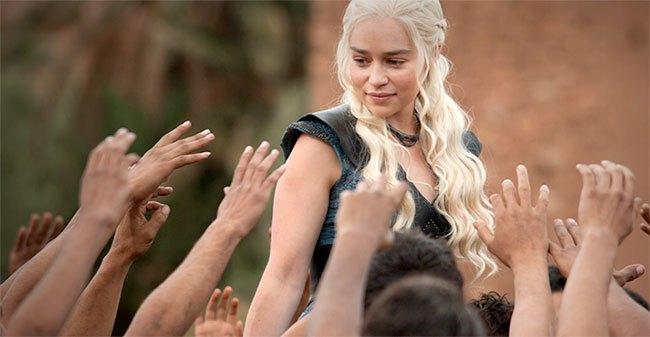
“No one at HBO remembers the visual impact of slavery, I guess?” The Guardian‘s Danielle Henderson wrote at the time, questioning how much misogyny and racism audiences were expected to put up with in the name of entertainment.
“We’re dealing with a fantasy world here, but at the same time we’re dealing with a fantasy world in an almost Medieval setting, set around a fantasy version of the British isles, where history tells us that a queen would have been white, generally,” she said. “Slavery, which we know is part of all of history, would have been a thing. That’s kind of what you would expect in this kind of story.”
Later that year, George R.R. Martin himself even responded to criticism on his blog, promising more characters of colour in his STILL yet-to-be released book ‘The Winds of Winter‘ (which the most recent season was based on).
“Westeros around 300 AC is nowhere near as diverse as 21st century America, of course,” he wrote, responded to a commenter who expressed pain at the way people of colour were represented in the show.
“But with that being said, I do have some ‘characters of colour’ who will have somewhat larger roles in Winds of Winter. Admittedly, these are secondary and tertiary characters, though not without importance.
“Of course, I am talking about the books here, and you are talking about the show, which is a thing apart. I do think HBO and David [Benioff] and Dan [Weiss] are doing what they can to promote diversity as well, as witness the casting of Areo Hotah, which you mention.
“Of course, Hotah IS a guard… but he is also a viewpoint character in the novels, a brave and loyal warrior.”
